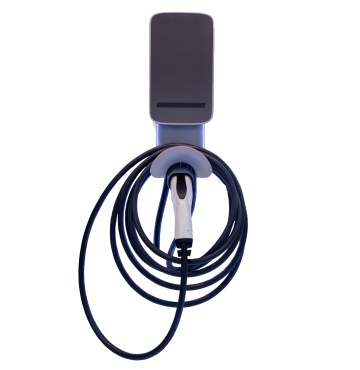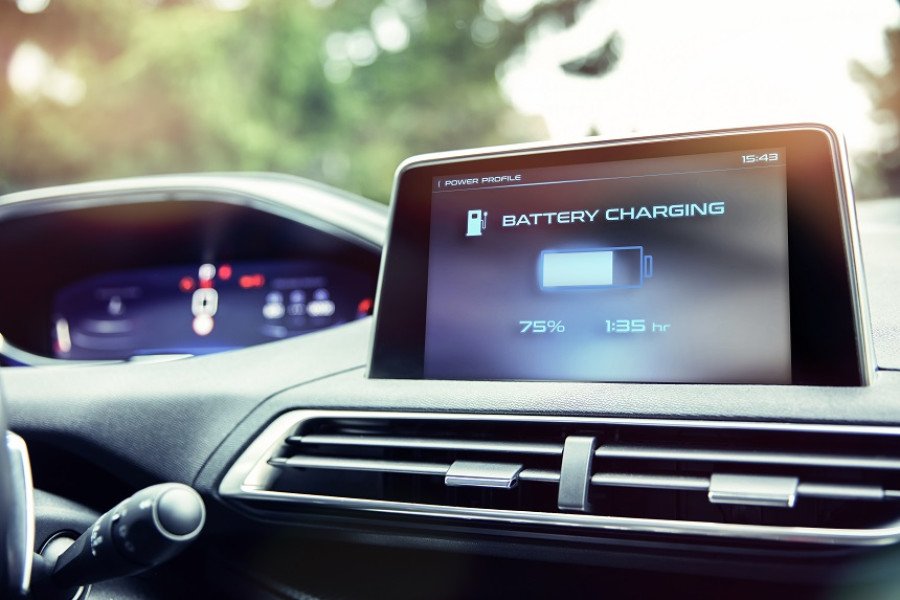Electric vehicles
Get your students thinking critically about the technological innovations used in electric vehicles.
- Grade 11
- 2 activities
- 1 hour

Big idea
Technological innovation can play important roles in developing more environmentally-friendly transportation technology.
Learning objectives
In these activities, students will:
- Use criteria to create effective hypotheses and inquiry questions to guide potential research into electric vehicles.
- Use criteria to evaluate the potential of technological innovations related to electric vehicles.
Activities
BC curriculum fit
Science for Citizens 11
Big idea
- Scientific understanding enables humans to respond and adapt to changes locally and globally
Content
- Evidence-based decision making through science
- Impact of technologies
- Beneficial scientific innovations
- Actions and decisions affecting the local and global environment, including those of First Peoples
Curricular competencies
Questioning and predicting
- Demonstrate a sustained intellectual curiosity about a scientific topic or problem of personal, local, or global interest
- Formulate multiple hypotheses and predict multiple outcomes
- Make observations aimed at identifying their own questions, including increasingly abstract ones, about the natural world
Processing and analyzing data and information
- Construct, analyze, and interpret graphs, models, and/or diagrams
- Use knowledge of scientific concepts to draw conclusions that are consistent with evidence
- Analyze cause-and-effect relationships
Evaluating
- Exercise a healthy, informed skepticism, and use scientific knowledge and findings to form their own investigations to evaluate claims in primary and secondary sources
- Critically analyze the validity of information in primary and secondary sources and evaluate the approaches used to solve problems
Applying and innovating
- Contribute to care for self, others, community, and world through individual or collaborative approaches
- Consider the role of scientists in innovation
- Contribute to finding solutions to problems at a local and/or global level through inquiry
Communicating
- Communicate scientific ideas and information, and perhaps a suggested course of action, for a specific purpose and audience, constructing evidence-based arguments and using appropriate scientific language, conventions, and representations
Assessments
Assess your students’ abilities to:
- Use criteria to make reasoned judgments
- Use appropriate scientific evidence to explain and support reasoned judgments
- Use appropriate scientific terminology when explaining reasoned judgments
- Consider the criteria when they create a scientific hypothesis and inquiry questions
- Recognize what information will be relevant for addressing the overarching research question
Background info
In these two activities, students use criteria to guide their thinking about electric vehicles. In one activity, students generate and refine effective hypothesis and inquiry questions that could be used to determine which type of vehicle is better for the environment. In the other activity, students critically assess technological innovations related to electric vehicles to determine if technology can encourage greater use of electric vehicles.
Adaptions/modifications
- Groups could be assigned to assess a specific innovation related to electric vehicles.
- Invite pairs of students to create provide two examples of hypotheses or inquiry questions: one that meets that criteria, and one that does not. Invite groups to share their ideas with the class, and encourage the class to decide which hypothesis or question best meets the criteria.



